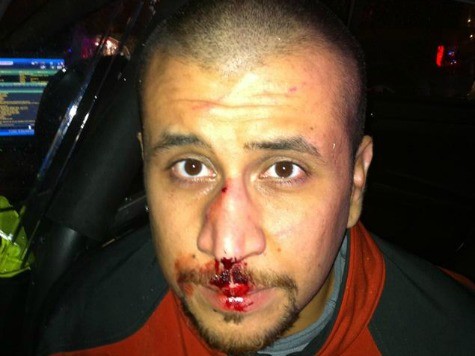
In a remarkably well-researched piece titled “You Are Not Trayvon Martin,” Slate’s William Saletan challenged several fallacies influencing perceptions and reactions to the acquittal of George Zimmerman. The piece was not favorable to Zimmerman or Martin, but rather only concerned with the facts after what was clearly an exhaustive look into the evidence in the case.
Perhaps the widest held misconception addressed by the Slate piece is the false-assertion that any evidence existed to indicate George Zimmerman operated from a place of racial resentment when he took the life of Trayvon Martin. Saletan walked his readers through the process that led him to spend over seven hours examining the closing arguments of both the prosecution and the defense.
It turned out I had been wrong about many things. The initial portrait of Zimmerman as a racist wasn’t just exaggerated. It was completely unsubstantiated. It’s a case study in how the same kind of bias that causes racism can cause unwarranted allegations of racism. Some of the people Zimmerman had reported as suspicious were black men, so he was a racist. Members of his family seemed racist, so he was a racist. Everybody knew he was a racist, so his recorded words were misheard as racial slurs, proving again that he was a racist.
The widely-held belief that Zimmerman disobeyed a direct order to stop following or monitoring Martin was also dispelled by Saletan.
The 911 dispatcher who spoke to Zimmerman on the fatal night didn’t tell him to stay in his car. Zimmerman said he was following a suspicious person, and the dispatcher told him, “We don’t need you to do that.” Chief prosecutor Bernie de la Rionda conceded in his closing argument that these words were ambiguous.
Though the above mentioned excerpts from Saletan’s piece address misconceptions and opinions that are predominantly held by left-of-center pro-Trayvon/anti-Zimmerman advocates, Saletan’s critical analysis cuts both ways, also challenging some of the perceptions widely-held by Zimmerman advocates. Saletan quotes the testimony of Chief Prosecutor Bernie de la Rionda and writes:
…DNA didn’t match Zimmerman’s story of being thoroughly restrained and pummeled throughout the fight. But the evidence didn’t fit the portrait of Martin as a sweet-tempered child, either. And the notion that Zimmerman hunted down Martin to accost him made no sense. Zimmerman knew the police were on the way. They arrived only a minute or so after the gunshot. The fight happened in a public area surrounded by townhouses at close range. It was hardly the place or time to start shooting.

COMMENTS
Please let us know if you're having issues with commenting.